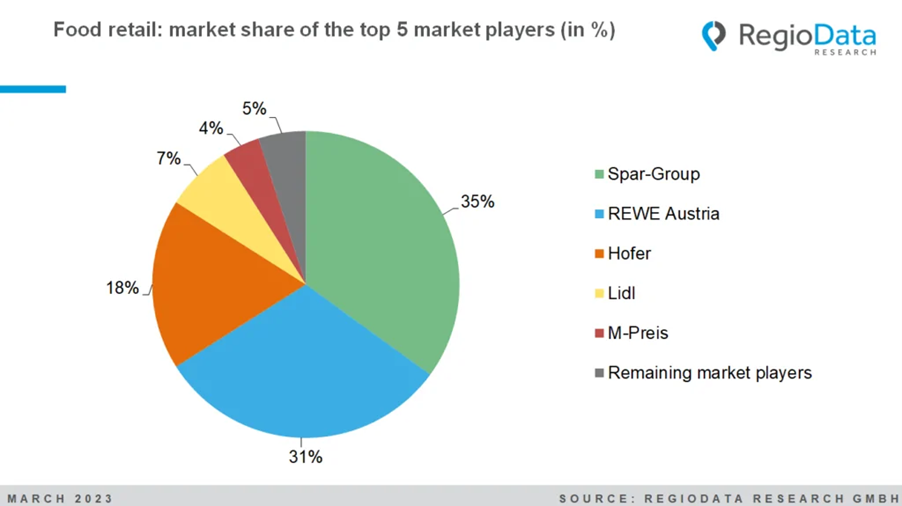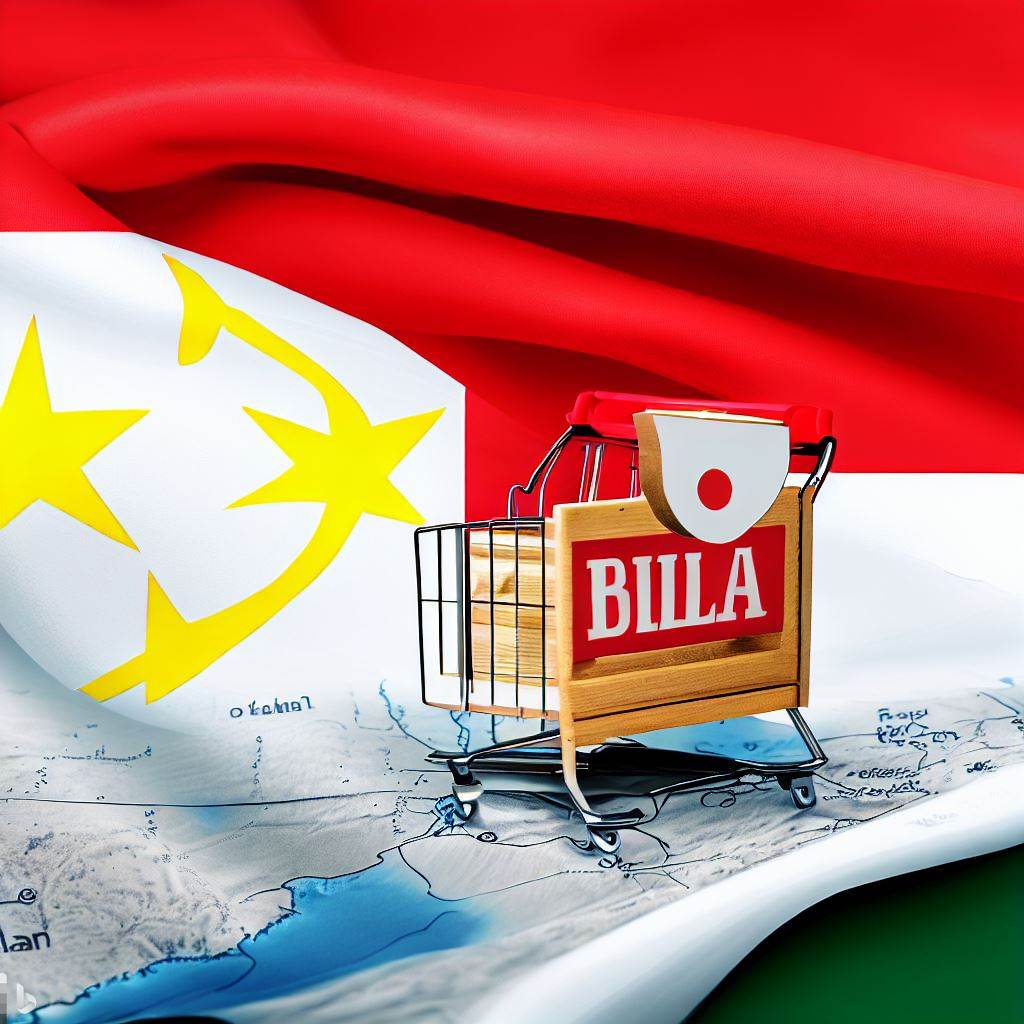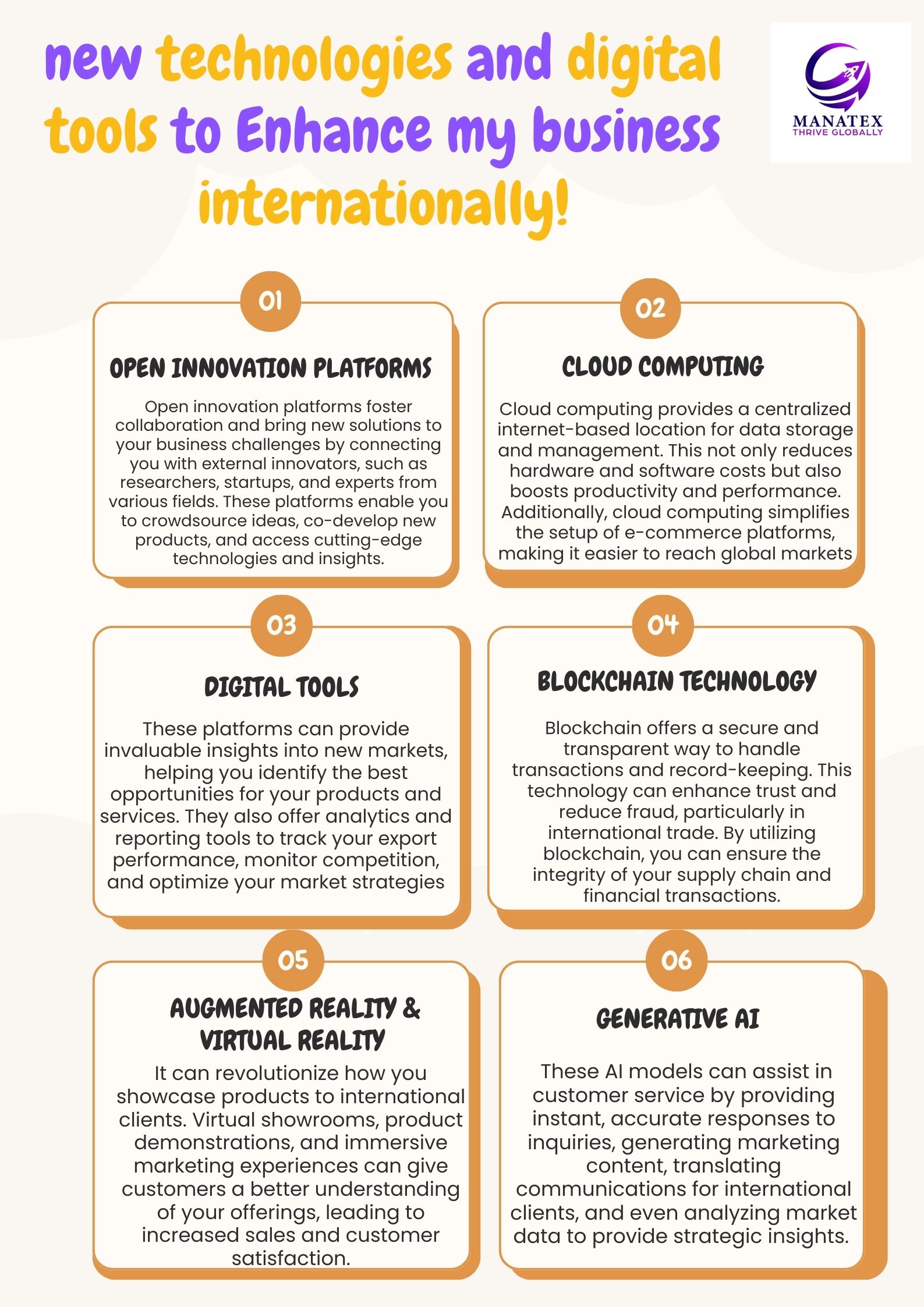Austria, nestled in the heart of Europe, offers a lucrative market for food and beverage companies seeking international expansion. With a strong economy and a penchant for high-quality products, it’s no wonder that entrepreneurs are eyeing Austrian retail. Let’s explore the key players in the Austrian retail market, their characteristics, and the cultural aspects you need to consider when venturing into this territory.
Understanding the Main Players in Austrian Retail
When it comes to Austrian retail, it’s extremely saturated & dominated by just a few main players:
Spar Austria:
Spar is a household name in Austria, known for its extensive network of supermarkets and hypermarkets. It caters to a diverse customer base, offering a wide range of products, including local and international brands and a strong non-food section.
Spar has 1500 stores, around half of which are run as independent franchised stores. The Austrian branch of Spar is also responsible for Northern Italy, Hungary, Slovenia and Croatia.
Billa:
Part of the German REWE Group, Billa is another key player. It focuses on offering fresh and high-quality products and has a strong presence in urban areas.
The Billa Plus format (previously Merkur) emphasises premium products and excellent customer service. It often appeals to a more upscale market segment.
Billa has around 1300 stores in Austria and also operates stores across several Eastern European countries.
Hofer (Aldi):
Hofer, known as Aldi in other countries, is synonymous with affordability. They have a strong presence in Austria, offering primarily private-label products, although with a strong own label in organic quality. Hofer is known for its efficient supply chain and cost-effective pricing.
Hofer has 530+ stores in Austria
Lidl:
Part of the German Schwarz group, Lidl has 250+ outlets in Austria. The chain focuses on private label products and is known for cost-effective pricing.
M Preis:
This is a family owned supermarket chain, originating in the Tirol region, but now widespread throughout the west of Austria. They carry a premium range.

Cultural Aspects to Consider
Entering the Austrian retail market requires a nuanced understanding of the local culture. Here are some key cultural aspects to consider:
- Quality and Tradition: Austrians take pride in the quality and tradition of their food. Highlight the heritage and authenticity of your products to appeal to their preferences.
- Punctuality and Professionalism:Austrians value punctuality and professionalism in business dealings. Ensure timely deliveries and maintain a professional approach in all your interactions.
- Relationship Building:Building strong relationships is essential in Austrian business culture so invest time in getting to know your potential partners and clients. Attend industry events and consider networking opportunities.
It may be easier to enter retail via a local distributor who has those networks already
Retail Market Trends in Austria
To succeed in the Austrian retail market, staying up-to-date with the latest trends is crucial.
- Organic and sustainable products. Highlighting the eco-friendliness of your offerings can be a significant selling point.
- No excessive packaging. Legally households in Austria have to recycle all their rubbish so more packaging than necessary isn’t welcomed.
- Value for money isn’t the same as cheap. Everyone appreciates a bargain, but prices in Austrian food retail are generally higher than those in Germany
- Focus on regionality
- Special dietary needs: eg vegan, lactose or gluten free
- Compact retail formats – depending on where you come from, you may be shocked at how small Austrian supermarkets and hypermarkets are.
Entering the Austrian Food Retail Space
Seeing as stores have limited space, you need to be able to truly communicate what additional value your product brings to the chain in question. Otherwise, your chance of getting listed is limited.
Focusing on price advantages is probably only useful in the private label or price-entry segment, for the rest it’s better to highlight aspects such as functionality or quality.
Although the total market is relatively small, Austria can provide a great springboard for entering into other central, south eastern or eastern European markets by potentially leveraging the relationships you’ve built in Austria.
Finally, whilst the language is basically the same, remember that Austria ISN’T Germany and there are significant differences in the preferences of consumers.





